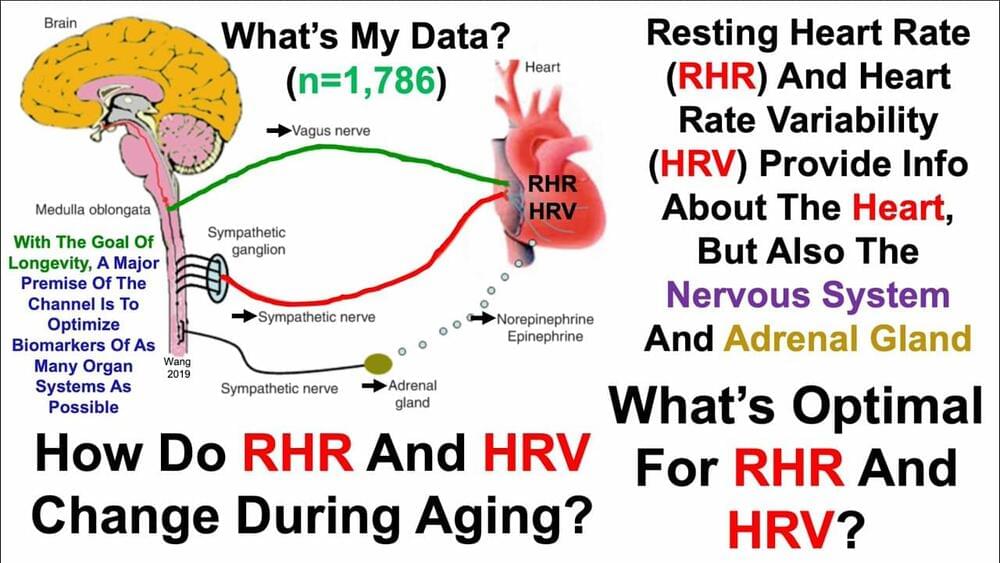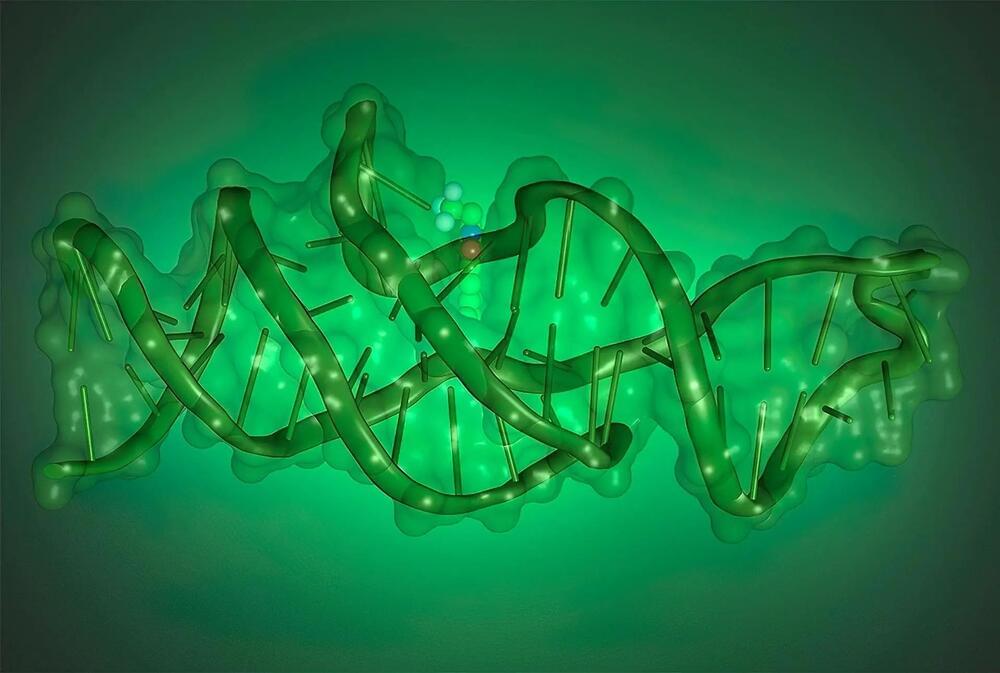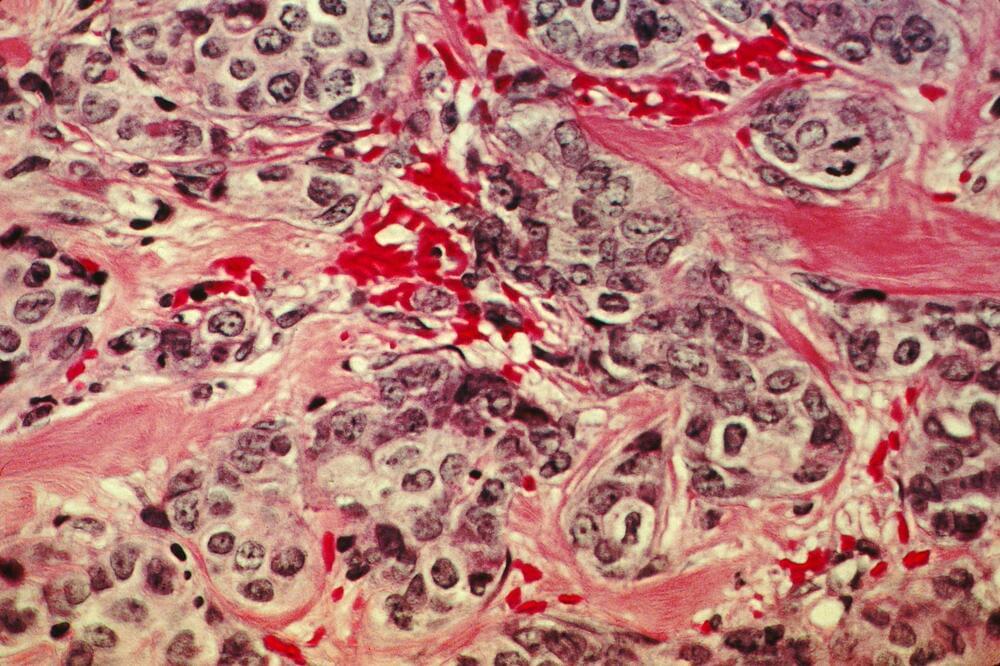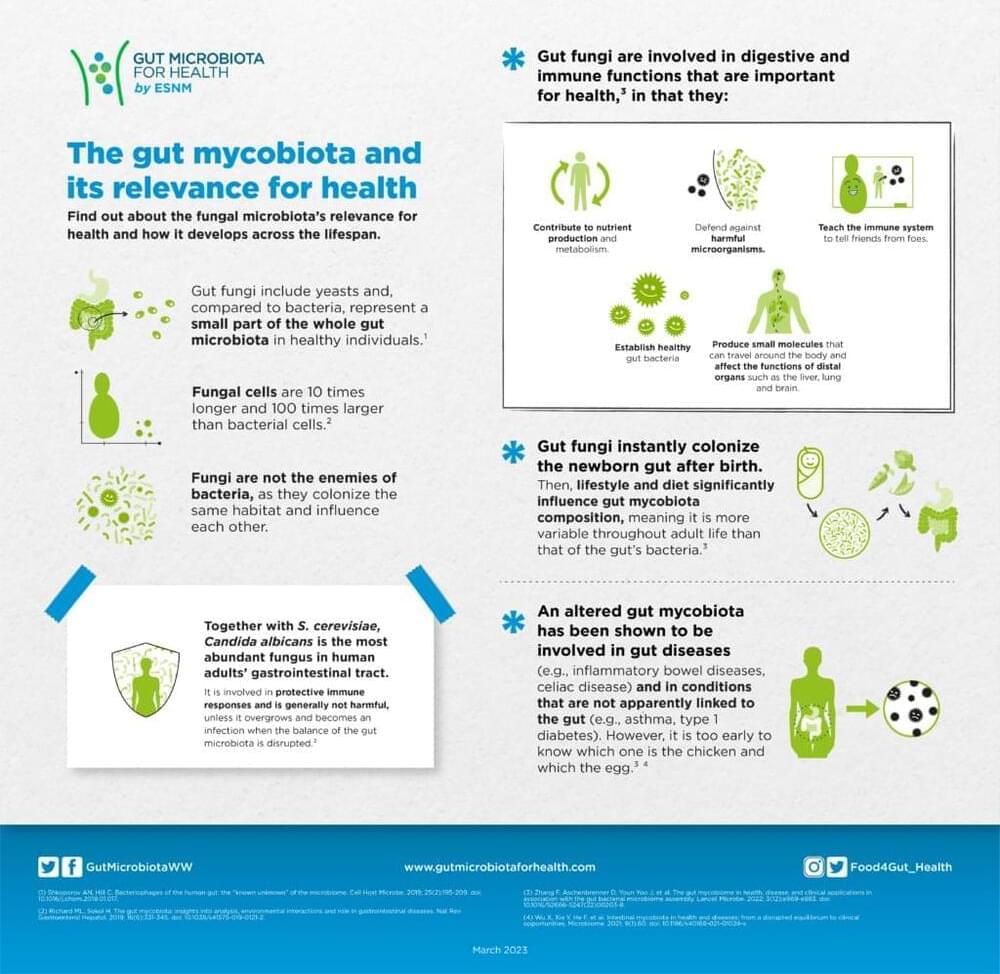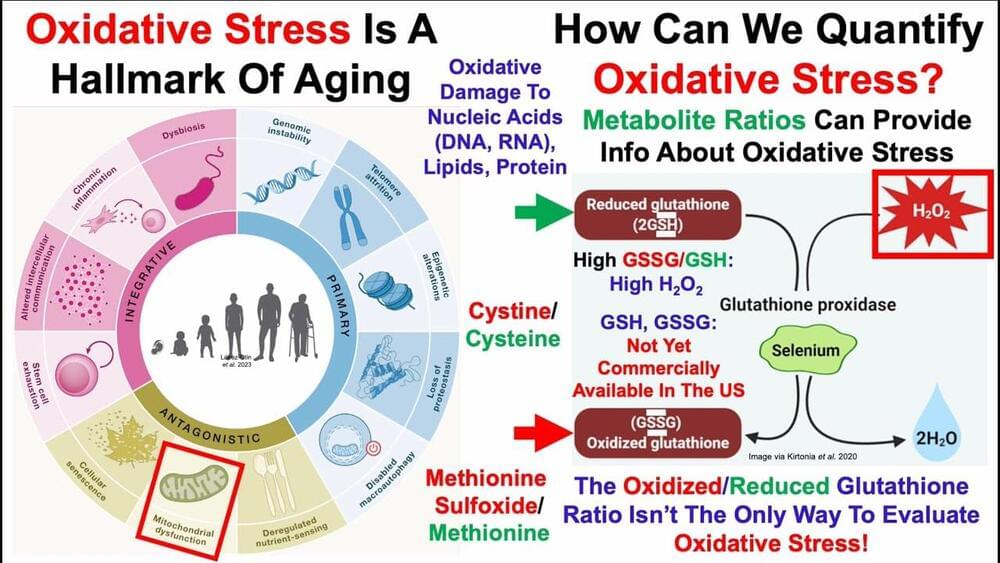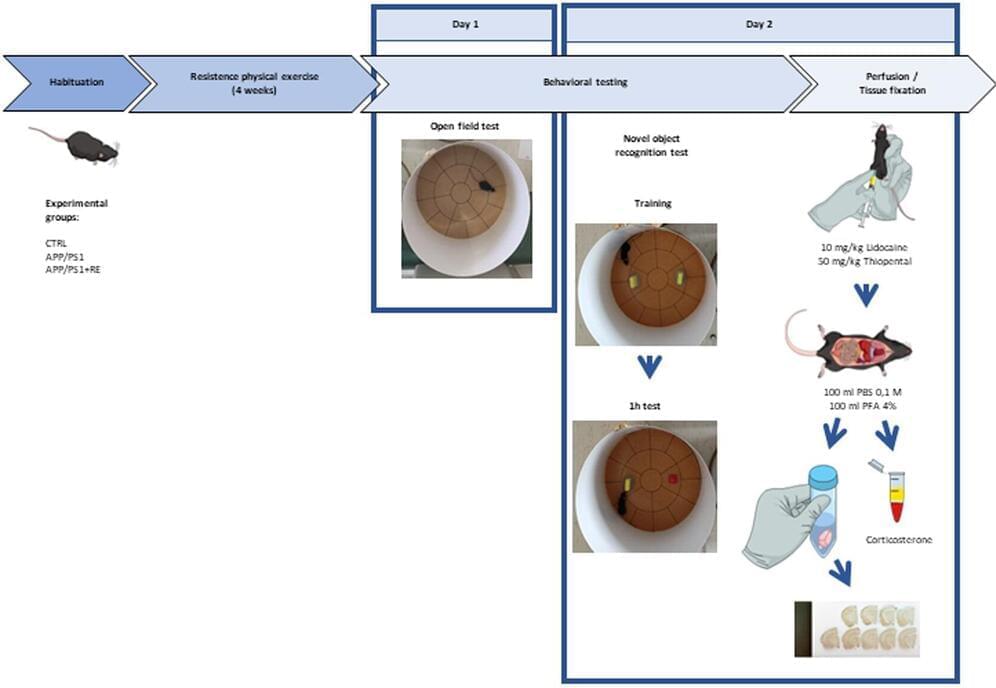
Regular physical exercise, such as resistance training, can prevent Alzheimer’s disease, or at least delay the appearance of symptoms, and serves as a simple and affordable therapy for Alzheimer’s patients. This is the conclusion of an article published in Frontiers in Neuroscience by Brazilian researchers affiliated with the Federal University of São Paulo (UNIFESP) and the University of São Paulo (USP).
Although older people and dementia patients are unlikely to be able to do long daily runs or perform other high-intensity aerobic exercises, these activities are the focus for most scientific studies on Alzheimer’s. The World Health Organization (WHO) recommends resistance exercise as the best option to train balance, improve posture and prevent falls. Resistance exercise entails contraction of specific muscles against an external resistance and is considered an essential strategy to increase muscle mass, strength and bone density, and to improve overall body composition, functional capacity and balance. It also helps prevent or mitigate sarcopenia (muscle atrophy), making everyday tasks easier to perform.
To observe the neuroprotective effects of this practice, researchers in UNIFESP’s Departments of Physiology and Psychobiology, and the Department of Biochemistry at USP’s Institute of Chemistry (IQ-USP), conducted experiments involving transgenic mice with a mutation responsible for a buildup of beta-amyloid plaques in the brain. The protein accumulates in the central nervous system, impairs synaptic connections and damages neurons, all of which are features of Alzheimer’s disease.


